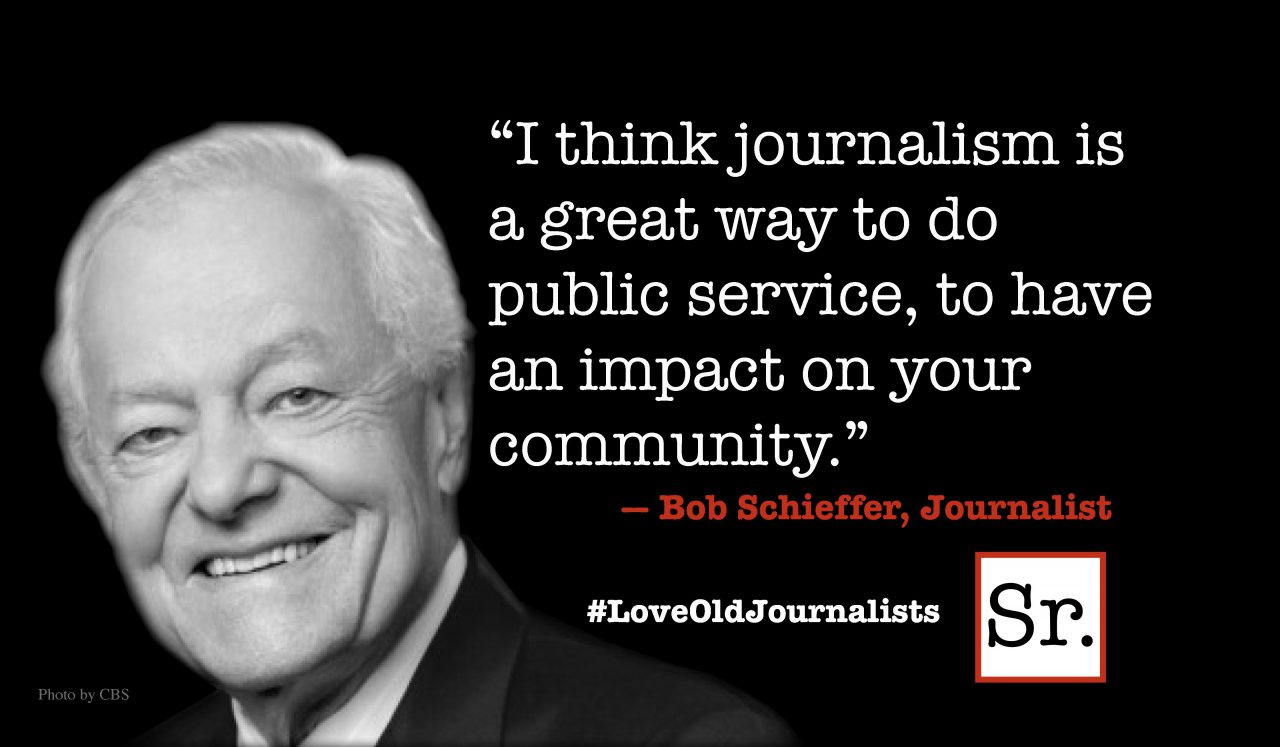 |
| Anonymous (2011) Directed by Roland Emmerich |
Here’s a sentence I never expected to read, much less write:
Director Roland Emmerich has made a movie of ideas.
Yes, the man who gave the world high-concept, nutritionally light hits like “Stargate,” “Independence Day,” "Twister," “Godzilla,” “The Patriot,” “The Day After Tomorrow” and “2012” has put on his thinking cap and delivered a Gordian knot of convoluted history from Elizabethan England.
And if his “Anonymous” is a largely chilly and cerebral affair, it’s positively overflowing with brain-tickling notions.
Nominally this is the story of Edward DeVere, Earl of Oxford, a member of the court of Elizabeth I who in some quarters has been credited with being the true author of Shakespeare’s plays and poems.
But screenwriter John Orloff (HBO’s “Band of Brothers,” “A Mighty Heart”) rips open a veritable Pandora’s box of daring supposition, not just about the authorship of “Hamlet” and the other plays but about their subversive political purposes and about Elizabeth’s sex life.
Like the less ambitious “Shakespeare in Love,” “Anonymous” takes known facts and slyly extrapolates them into a rich tapestry of possibilities.
Unfolding over 40 years and presented in a jumbled chronology, "Anonymous" depicts a world of deadly political intrigue. The aging Elizabeth (Vanessa Redgrave, with chalky makeup and rotten teeth) is childless (or is she?) and, being chronically indecisive, refuses to name an heir.
One faction supports her cousin, James of Scotland. Another gathers around the swashbuckling Earl of Essex, widely believed to be the Queen's bastard son.
Among Essex’s supporters is the Earl of Oxford (Rhys Ifans), now firmly in middle age. Oxford is a bit of a mess. He has ignored his once-vast investments to write plays and poetry. He does so in secret — writing isn't considered a proper pastime for a nobleman and in fact theater companies are regularly persecuted by the Queen’s powerful Puritan adviser William Cecil (David Thewlis) and his hunchbacked, resentful son Robert (Edward Hogg).
Early in “Anonymous,” in fact, we see playwright Ben Jonson (Sebastian Armesto) being arrested by Cecil’s men and grilled about a collection of Shakespeare manuscripts believed to be in his possession.
But Oxford — who, ironically enough, is trapped in a loveless marriage to William Cecil's daughter — cannot stop himself from indulging his literary compulsions. His head, he says, is filled with characters and stories.
“I would go mad if I didn’t write down the voices.”
Oxford's one hope to justify his failed life rests on seeing his plays produced. But his goal goes beyond mere aesthetics, for his plays have been cannily fashioned to stir Elizabethan audiences to the cause of Essex and turn them against the manipulative Cecil.
“All art is politics," Oxford says, "else it would just be decoration.”
Since William Cecil is a major supporter of James of Scotland, Oxford lampoons him in "Hamlet." In the pompous pedant Polonius, Oxford creates a thinly-disguised parody of his theater-hating father-in-law. And the deformed villainous title character of “Richard III” bears an uncanny resemblance to the Robert Cecil, Oxford's brother-in-law.
Since Oxford cannot take credit for these works, he needs a front. That would be a semi-illiterate actor named William Shakespeare (Rafe Spall), a drunken, egotistical buffoon (and, possibly, murderer) who becomes the toast of London. Oxford uses Ben Johnson as his middleman in dealing with Shakespeare.
All this intrigue eventually leads up to an open rebellion by Essex that will have disastrous consequences for all involved.
But wait, there’s more. Much of “Anonymous” takes place in flashback, with the young Oxford (Jamie Campbell Bower) having a passionate affair with the somewhat older Queen Elizabeth (Joely Richardson, Redgrave’s daughter…a nice bit of casting). Later on this coupling will be the source of a gasp-inducing revelation.
And I haven't yet mentioned yet another wrinkle. Bookending the film are scenes set in a modern Broadway theater where an actor (Derek Jacobi) is introducing a play called "Anonymous" that purports to tell the truth about who really wrote the Shakespeare plays. These segments are unnecessary but at least serve as a clever homage to Laurence Olivier’s 1944 screen adaptation of “Henry V,” which began with the play being performed in the Globe Theatre and then segued into the “real” world of castles, horses and battlefields.
With all this skullduggery and intrigue jerking us first in one direction and then the next, “Anonymous” has no shortage of provocative material. Its major shortcoming is its emotional neutrality — one can find its ideas fascinating but there's little genuine feeling here.
In part this is because the film lacks a strong center, a performance around which all these ideas and plot threads can coalesce. Ostensibly that should be Oxford's role, yet here he's but one of many characters. Ifans is a hugely entertaining comic actor ("Notting Hill," "Pirate Radio"), but despite a few moments of sardonic humor he seems a bit suffocated beneath the weight of “important” material.
Oxford's fate should be heartbreaking. It isn't.
Which is not to say there isn’t plenty of diversion here. The art direction contrasts muddy, rubbish-strewn streets with the luxury of court (although much of the computer-generated scenery falls just a pixel or two short of convincing).
Particularly satisfying are the depictions of Elizabethan theater. During a Globe performance of “Henry V” the St. Crispin’s Day speech galvanizes the audience of groundlings, who rise as one. The line between art and life is erased, the playgoers in effect become the English army, eager to engage a foreign foe. It’s a breathtaking moment, a delicious bit of cinema/theatrical magic.
It’s questionable whether “Anonymous” will make sense to anyone not already reasonably well-versed in Elizabethan and Shakespearean topics. In fact, a couple of viewings are necessary to truly grasp its labyrinthian plotting.
But those open to it will discover at the very least a rich feast of speculation.








